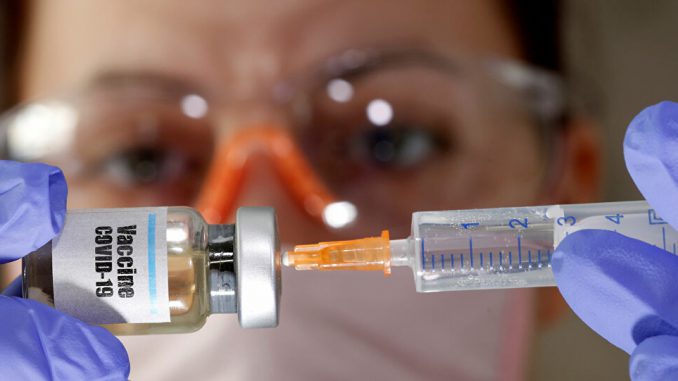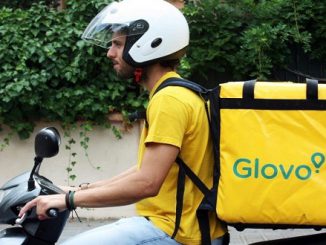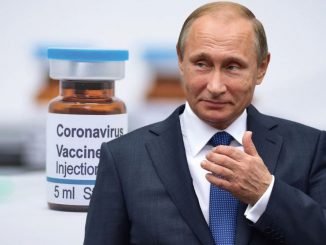
At a time when several countries doubt the effectiveness and success of the Russian vaccine, Israel has announced the possibility of starting negotiations to obtain it, according to Health Minister Yuli Edelstein.
The French health minister said he does not trust the Russian vaccine and that his country is waiting for results from major laboratories in order to obtain it possibly by the following fall or the first season of next year at the latest. Similarly, the German health ministry has doubted the “type, efficacy and safety” of the Russian vaccine, as has the United States, which has stated through Dr Antony Fauci, director of the National Institute for Allergy and Infectious Diseases, that it doubts the safety of the Russian vaccine. The World Health Organization (WHO) followed the lead of several doubtful countries, stating in a statement reported by the international media that vaccine results cannot be produced until they are reviewed and evaluated. The WHO said it cannot evaluate the vaccine because of a lack of information from Russia, since the country has not shared any detailed studies about the results of its experiments proving the vaccine’s efficacy.
On the other hand, Russian officials have accused countries of having baseless doubts, claiming that these doubts are due to jealousy and frustration with Russia’s success. Officials have not failed to insist that the adoption of the vaccine is based on concrete and credible scientific evidence that has been proven to be effective during clinical trials and tests.
The vaccine is not permitted to breastfeeding mothers, pregnant women and anyone with anaphylaxis from certain medical containers. It must be used with caution for people with chronic diseases, including liver, kidney, diabetes, epilepsy, heart, lung and asthma, according to the medical document shared at several sites. The document also mentions side effects, although mild and moderate in most test cases: vomiting, diarrhea, digestive difficulties, lack of appetite and limited increase in the volume of lymph glands.
Russia named its new vaccine “Sputnik V”, referring to Russia’s first success in space when the country sent its first rocket, Sputnik, in 1957.




Be the first to comment